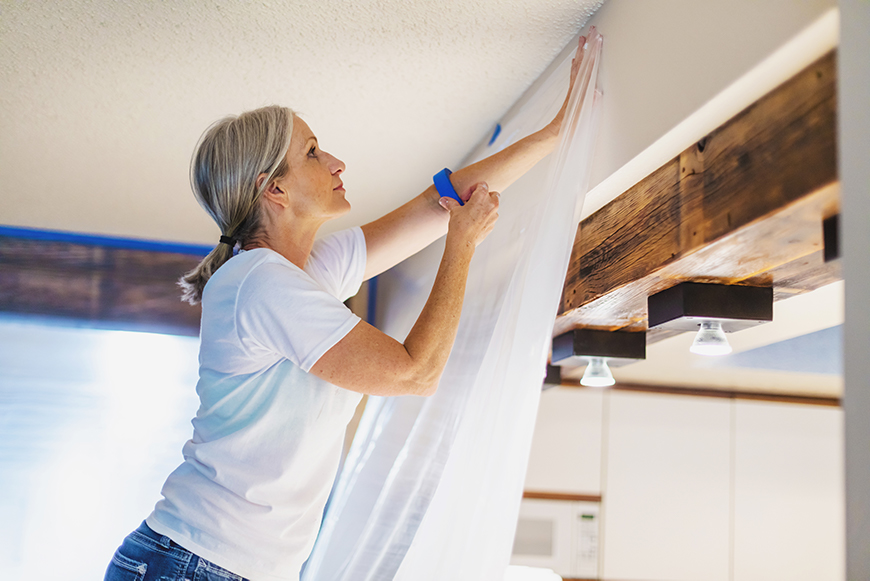
Whether you’re about to sell your home, or you’ve bought a new property that needs some TLC, remodeling projects always require attention to detail.
Costs can spiral out of control if you don’t scope the limit of work and create a budget that you’re determined to stay within.
As your neighborhood real estate agent, I see many outstanding projects that add value to a property either before sale, or when undertaken by new owners determined to create their dream home.
But there’s always a risk that you’ll spend more money than the property is worth and overcapitalize.
As your agent, I’d be happy to advise you on improvements that will increase the value of your new home, or capture the imagination of buyers in the current climate. Here are nine tips to help further.
- Make a plan – List all the improvements in the columns, “must-have” and “nice to have”. This will give you a great sense of what can be culled if your budget doesn’t cover everything.
- Bring a team together – Take your time to find the right people to deliver your project. This might include trades and professionals like an architect, builder, lighting engineer, plumbers, electricians and interior designer.
- Take your time – This is especially important when hiring contractors and considering the finalized plans upon which everything will be based. Avoid making changes midway through a project as this becomes expensive.
- Be the leader – This means you should be the communicator who keeps everyone on track. You know what you want and you’re the one paying the bills, so always be transparent with the contractors.
- Set a spending limit – You’ll do this in your budget of course, but you can always tweak it so you spend a little more “here” and a little less “there”. However, it’s vital you are firm with yourself on the maximum amount you’re prepared to spend.
- Hidden costs will find you – Most sizable projects need between 10-15% of the overall cost to be put aside for unforeseen problems, such as wiring or plumbing problems. And if you don’t spend it, happy days!
- Mix and match – Discuss with your architect or designer and builder the most economical and effective ways to use building materials. For example, what cheaper products exist for countertops that might be similar to high-end quartz? You’ll never know if you don’t ask. You might decide not to go with the cheaper option but at least you’ll be making an informed choice.
- Consider some DIY – While this depends on the scale of the project, you might consider undertaking some work yourself. Perhaps you could do some painting, tile the bathroom, or remove a carpet, thus saving on labor costs that go to your bottom line.
- Cash back – If you’re replacing kitchen appliances, try to sell the old ones online and recoup some of your costs.
